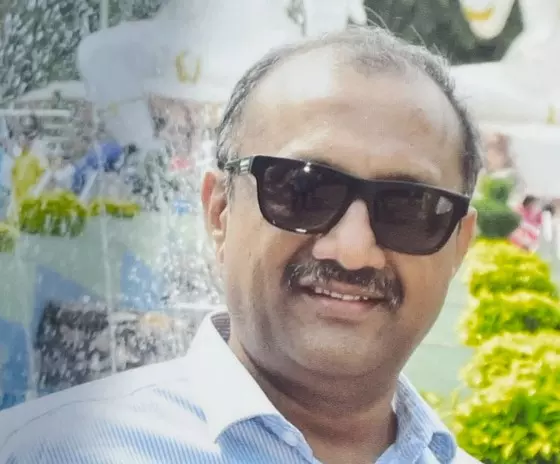KCR got Telangana democratically

HYDERBAD: If the 13-year-long struggle for a separate Telangana state is often described as a second freedom movement, ardent fans of Chief Minister K. Chandrasekhar Rao justify that they have every reason to describe him as “Telangana Bapu”.
Chandrashekar Rao steered the agitation within the democratic set-up, more so through electoral politics, and consistently engaged people in various agitational programmes but never allowed violence to creep into the otherwise political process.
His masterstroke, analysts say, was the formation of a political Joint Action Committee, roping in all political parties and social organisations, yet retaining control over the agitation and not allowing radical or unorganised elements to gain the upper hand.
“No doubt he led the Telangana movement that led to the formation of a new state. Telangana consciousness is always there among people but he rekindled hopes at a time when no contemporary political leader would have even thought in wildest dreams about bifurcation,” said political analyst Prof. K. Nageshwar.
According to him, Chandrashekar Rao made the demand for statehood — which, at that time was seemingly of little significance — into a potential issue. Rao’s success, Prof. Nageshwar says, was in sustaining the movement despite upheavals, most critical being the attempts of then Chief Minister Y.S. Rajashekara Reddy to sabotage Telangana Rashtra Samithi by engineering defections.
While the hypothetical question of whether Telangana state would have become a reality had Rajashekara Reddy been alive always remains, Chandrashekar Rao made the best of his absence post-2009 and made the announcement of a new state by the Centre inevitable.
He went on a fast-unto-death against declaring Hyderabad a free zone, called it off following his arrest but resumed it within no time, once Left-oriented forces tried to take control of the agitation organising balladeer Gaddar’s meeting in the Osmania University. Tension gripped the region following the call to siege the Assembly on December 10, forcing the Centre to declare the initiation of the process for the formation of Telangana on December 9.
Rao made quick moves again when the Centre tried to retract its promise on December 23 following the resignation of Congress legislators from Andhra and Rayalaseema regions and kept the agitation alive through political JAC.
Ever since he resigned as deputy speaker and surrendered the primary membership of Telugu Desam to float TRS, Rao made electoral politics a strong weapon to achieve the goal.
“In the initial days of the TRS, he focussed on violation of GO 610 on zonal regulations and discrepancies in water allocation to drive home the point of injustice to Telangana and prepared people to agitate against it,” a senior minister, who was actively involved in the deliberations of House Committee on 610 before 2004, pointed out.
The party registered remarkable victories in local body polls during the TD regime and succeeded in bargaining pre-poll electoral alliance with Congress-led United Progressive Alliance in 2004. He also turned the strategic errors of the ruling Congress into an opportunity and forced by-polls to sustain the political heat.
In 2009, he conveniently allied with the Telugu Desam despite the latter’s strong opposition to bifurcation. “The most important characteristic of KCR during the struggle was his unpredictability that always left rivals in quandary,” says Budha Murali, a former chief of the State Information Commission.
Another strategic move of Chandrashekar Rao was bringing All India Majlis Ittehadul Muslimeen onto the same page, though the latter vehemently opposed the state bifurcation. At one stage, the MIM suggested “Rayala Telangana” with the inclusion of four Rayalaseema districts.
Chandrashekar Rao, along with MIM chief Asaduddin Owaisi, put up a strong case against making Hyderabad a joint capital for both states and conferring it a Union Territory status.
“Initially, there was an impression in Delhi that the MIM would bat for UT but when Asadaddin opposed the same, the idea was never considered,” according to sources privy to the preparatory exercise for bifurcation and A P Reorganisation Act.

